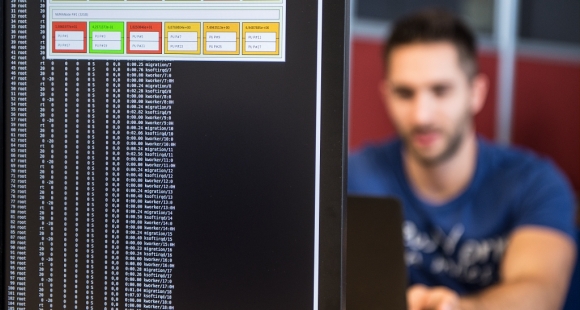
Delays have increased the anticipation surrounding the code of conduct for digital educational services announced one year ago by the French Minister of National Education, Higher Education and Research, Najat Vallaud-Belkacem. The text aims to offer greater visibility into the management and protection of personal data in educational services.
The Microsoft Factor
The first mention of the code appears in the 2015 partnership agreement signed by the ministry and Microsoft France. Microsoft committed to providing branded mobile equipment, a distance learning platform and cloud space for online data at no charge. This move alarmed many in the industry and free software advocates in particular.
François Aubriot of the free software collective Edunathon comments, "The agreement says that [Microsoft] will adhere to a code of conduct that will protect students' and teachers' personal data. Yet the 18-month-long partnership ends in a few months and nothing has been signed."
The Cost of Customization
Opinions on the code remain divided with industry businesses largely in support. Hervé Borredon, president of the digital education union AFINEF, says, "We are very concerned about this ethics issue and haven't received much reassurance. With new tools that combine educational content and customized learning, for example, there is a need for clarity. For instance, if a free service becomes fee based, what happens to the data?"
Regulatory Reminder
Whether the code will answer these questions remains to be seen. It is designed to serve as a reminder of existing regulations rather than add to them. For Mathieu Jeandron, Director of Digital Education at the Ministry of National Education, "It is intended to guide schools as they make decisions."
Signatories can put the code's logo on their tools and a joint monitoring committee will be formed. Jeandron explains, "If a signatory fails to follow the data protection regulations, the committee could revoke their membership." AFINEF maintains the code is necessary while Edunathon believes it's disingenuous. Either way, one thing is clear: the educational data debate is in full swing.






